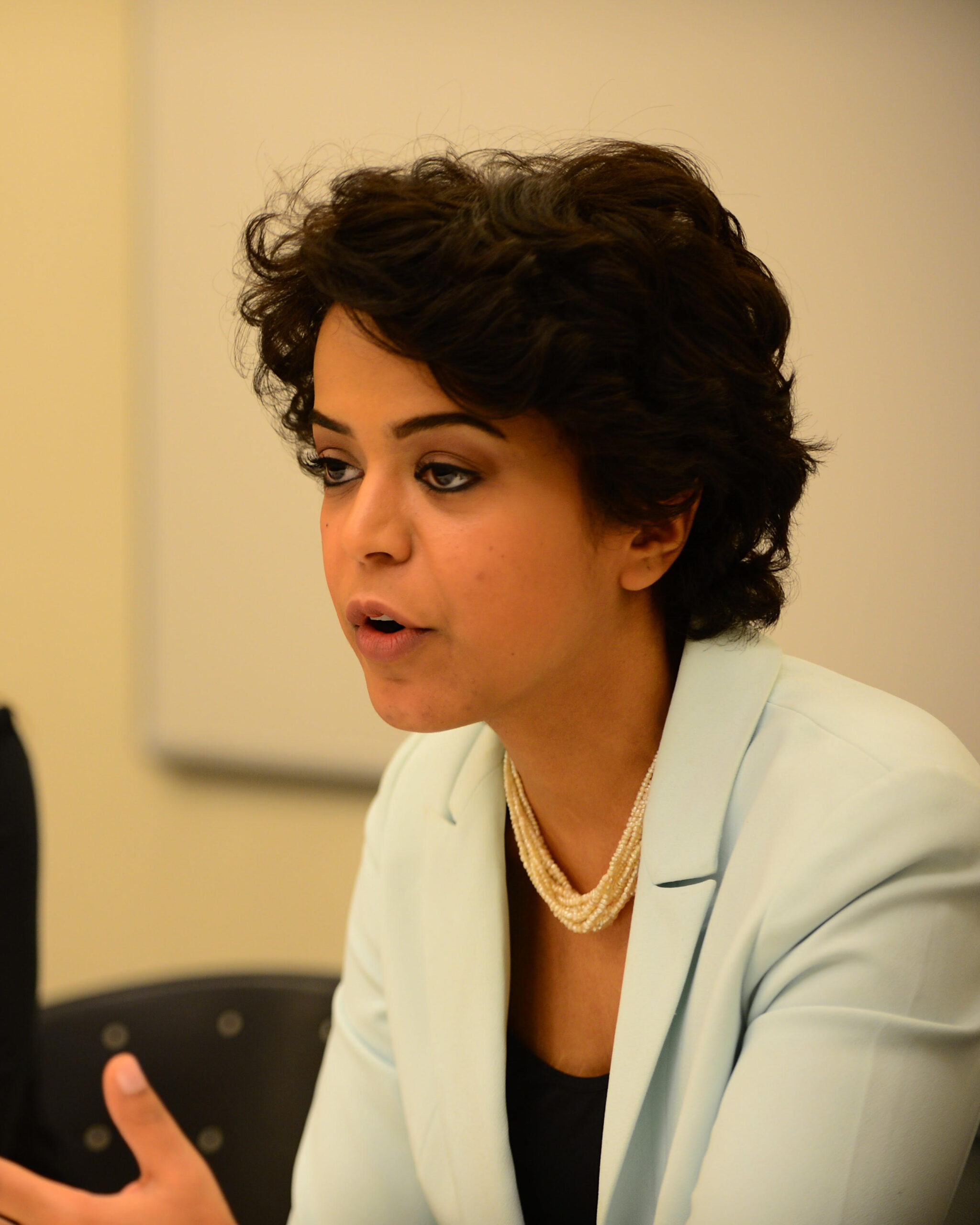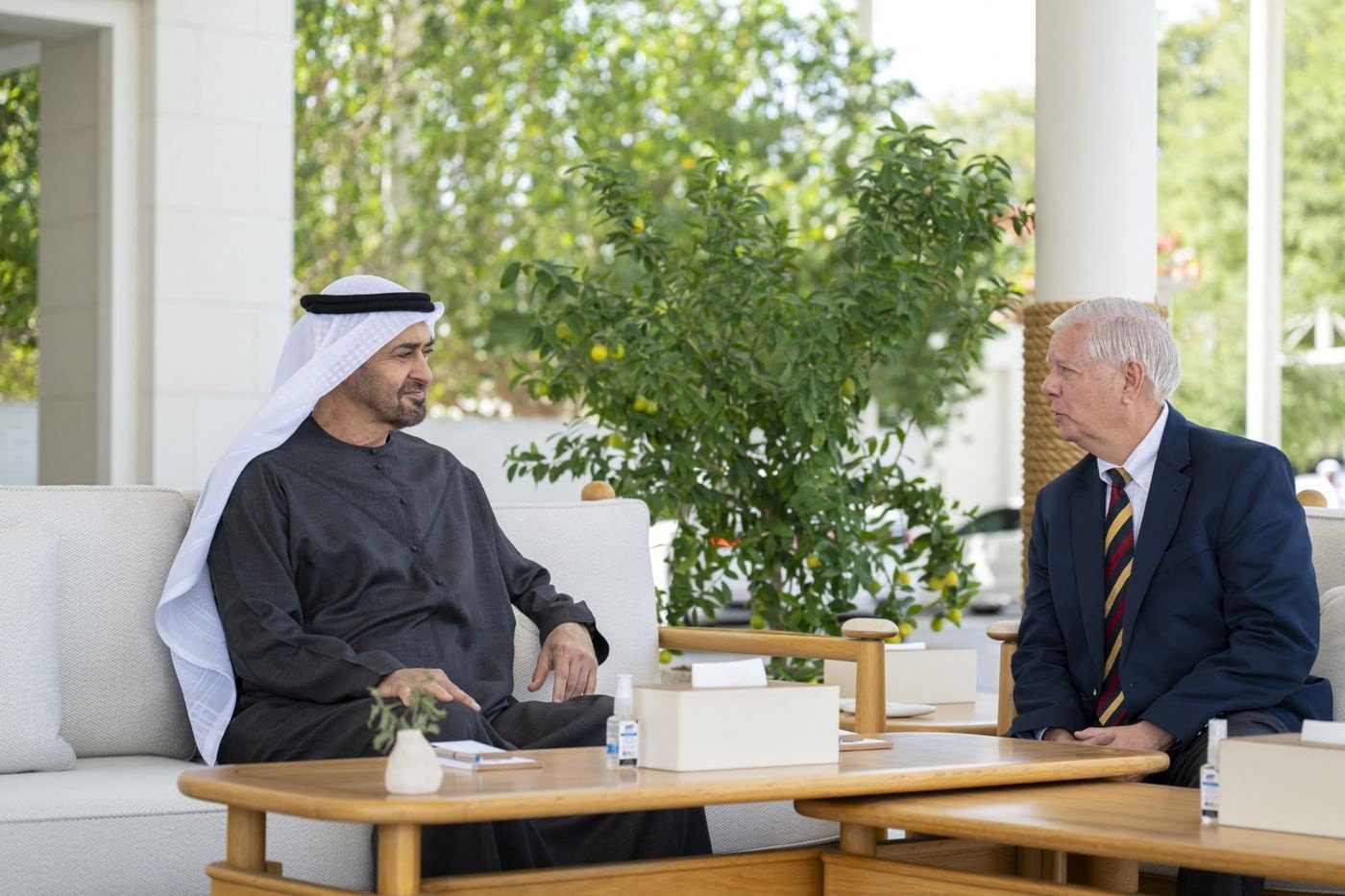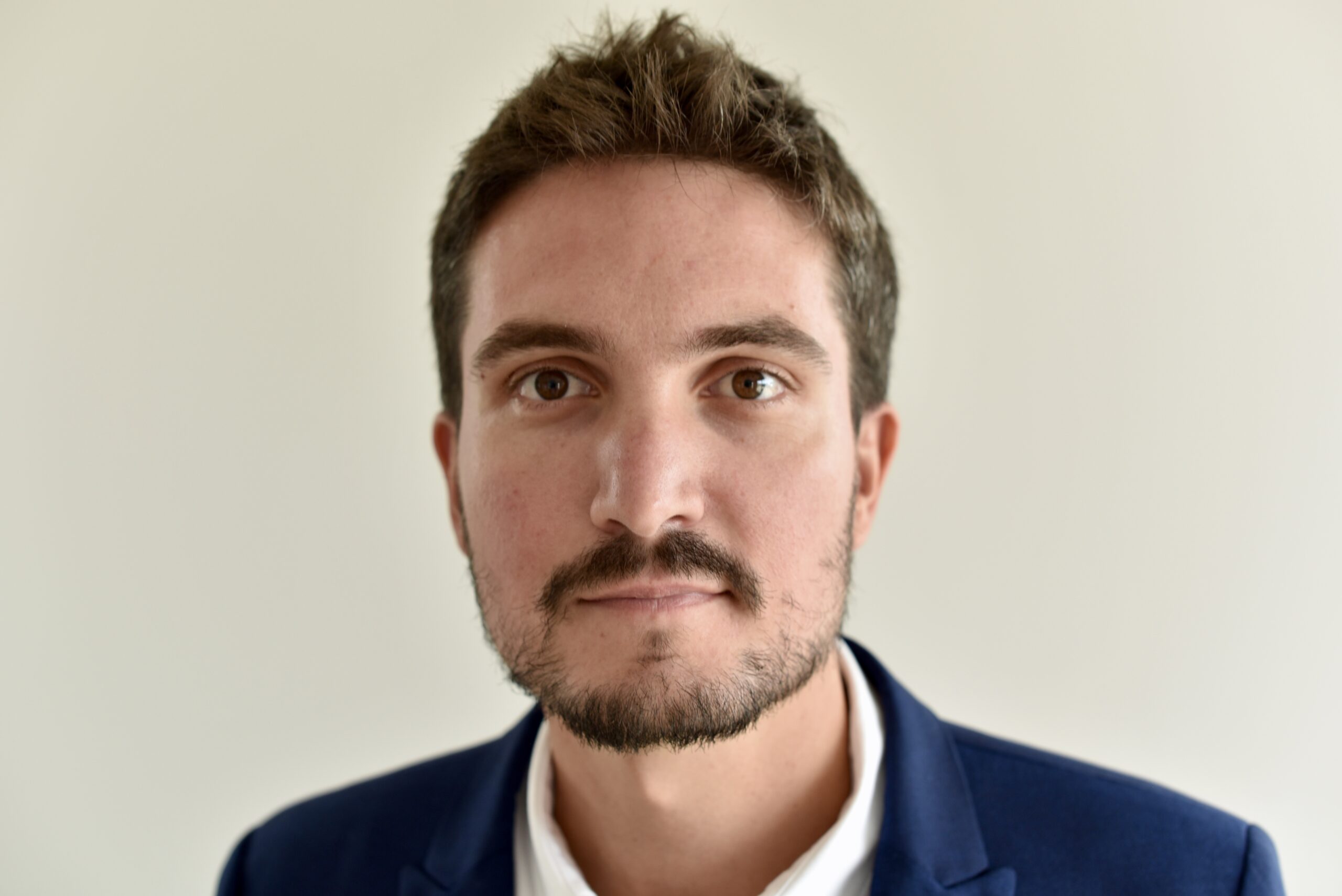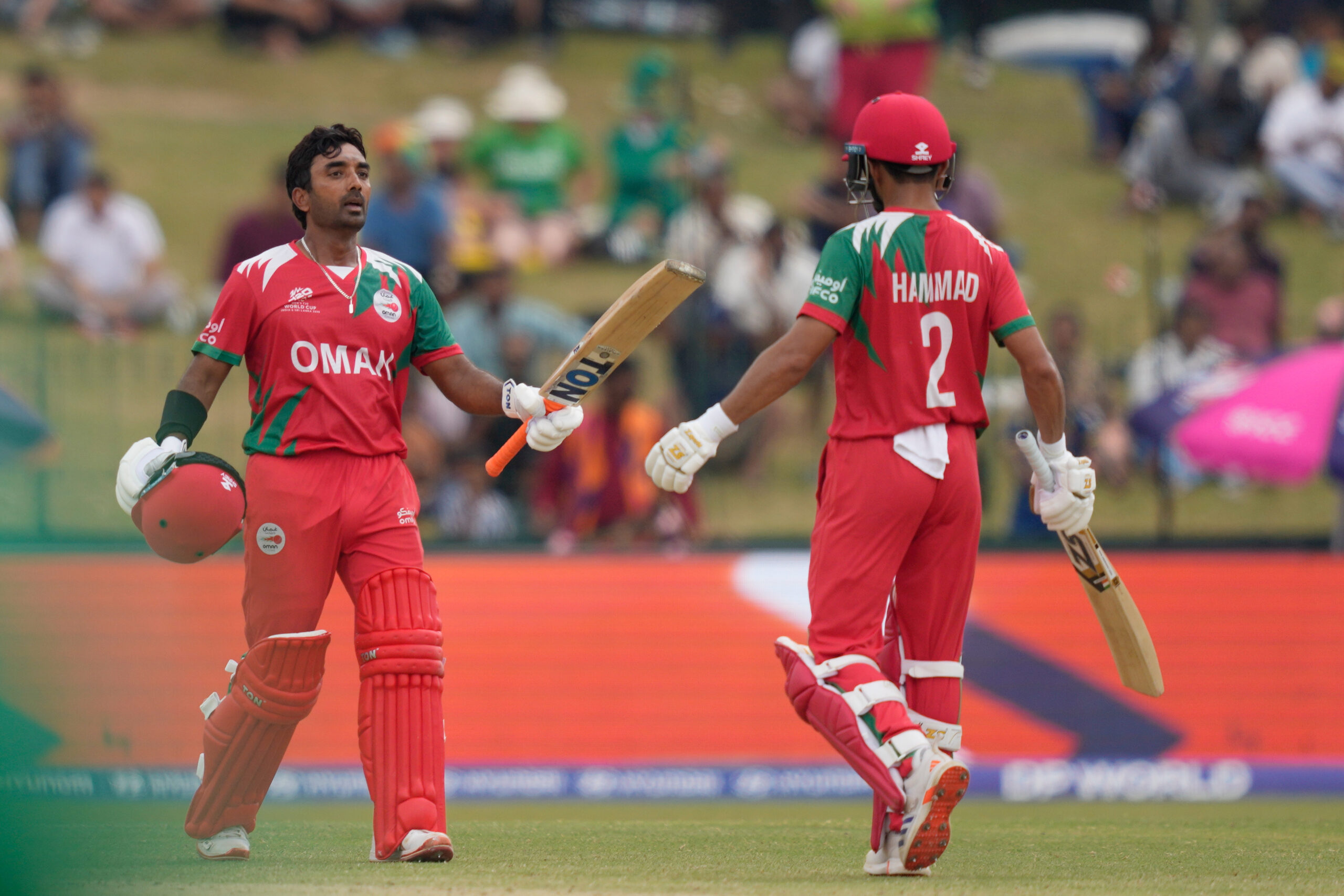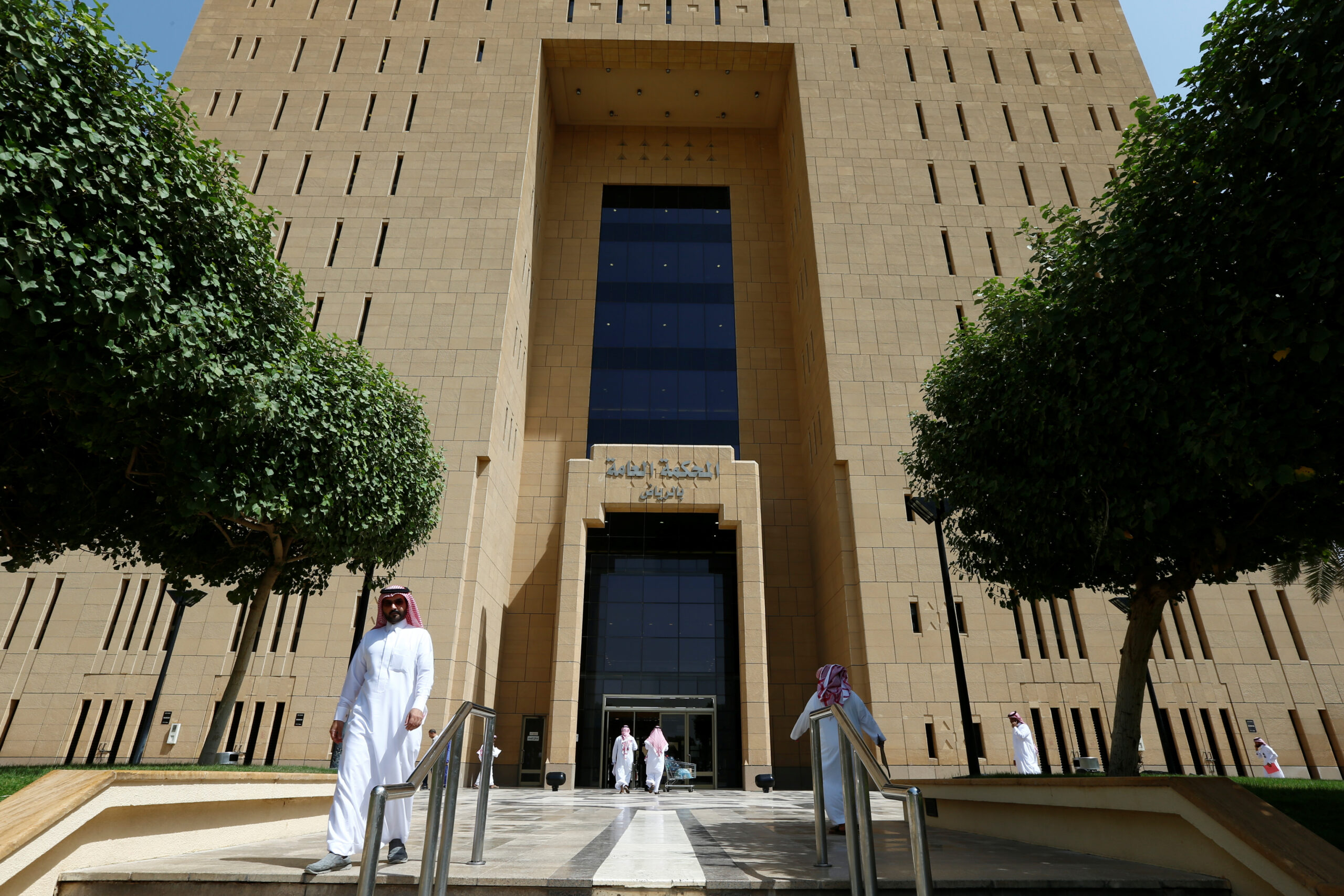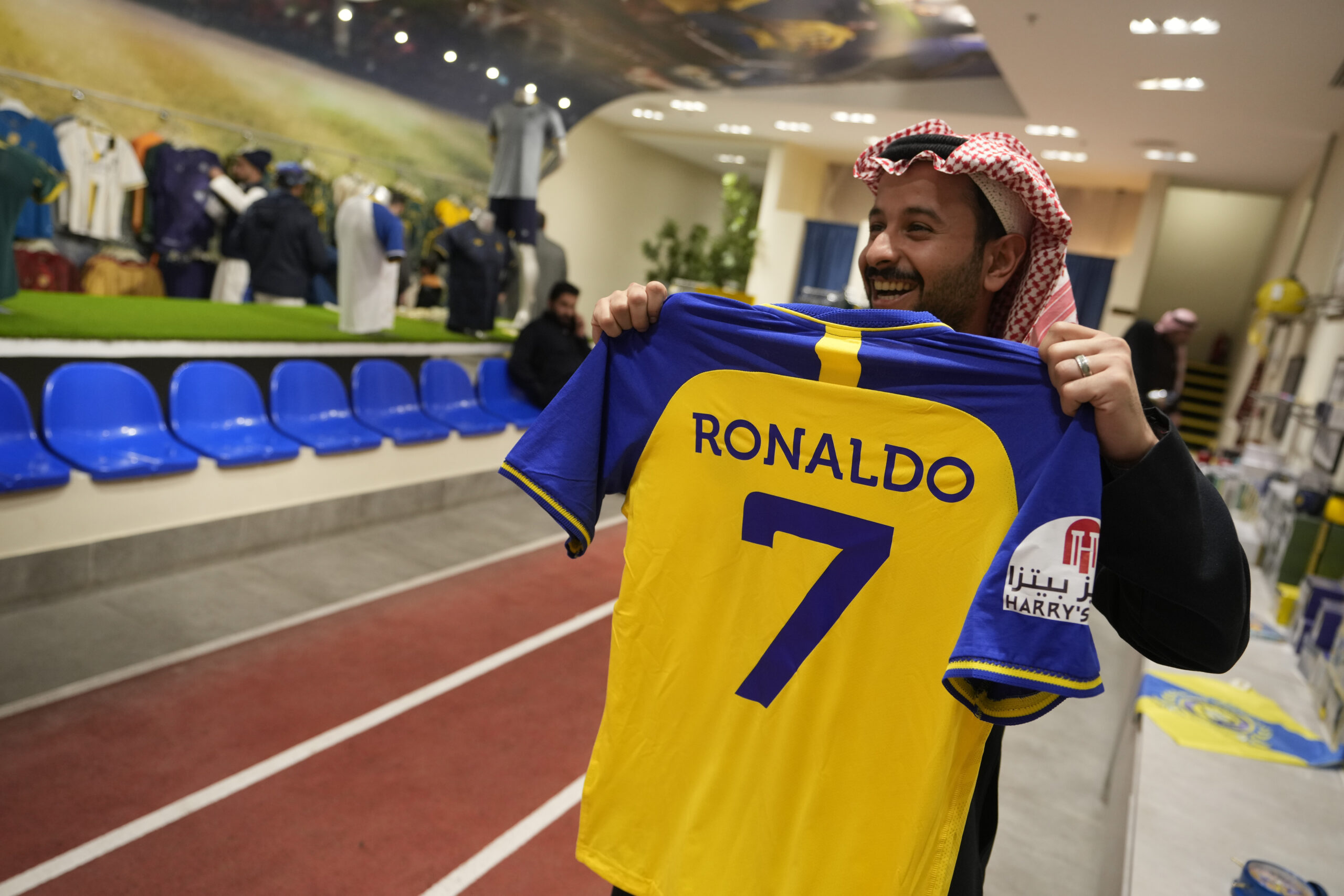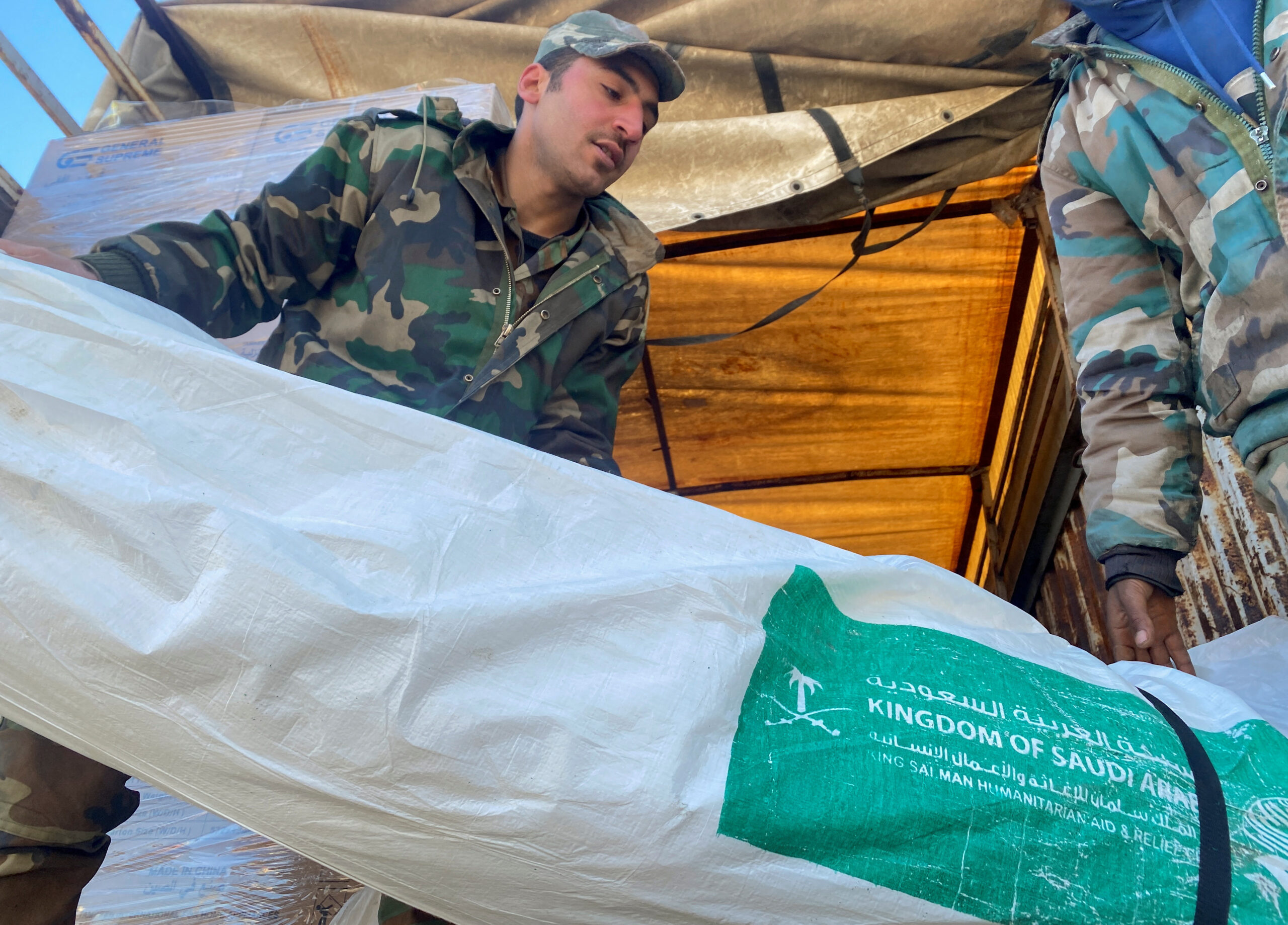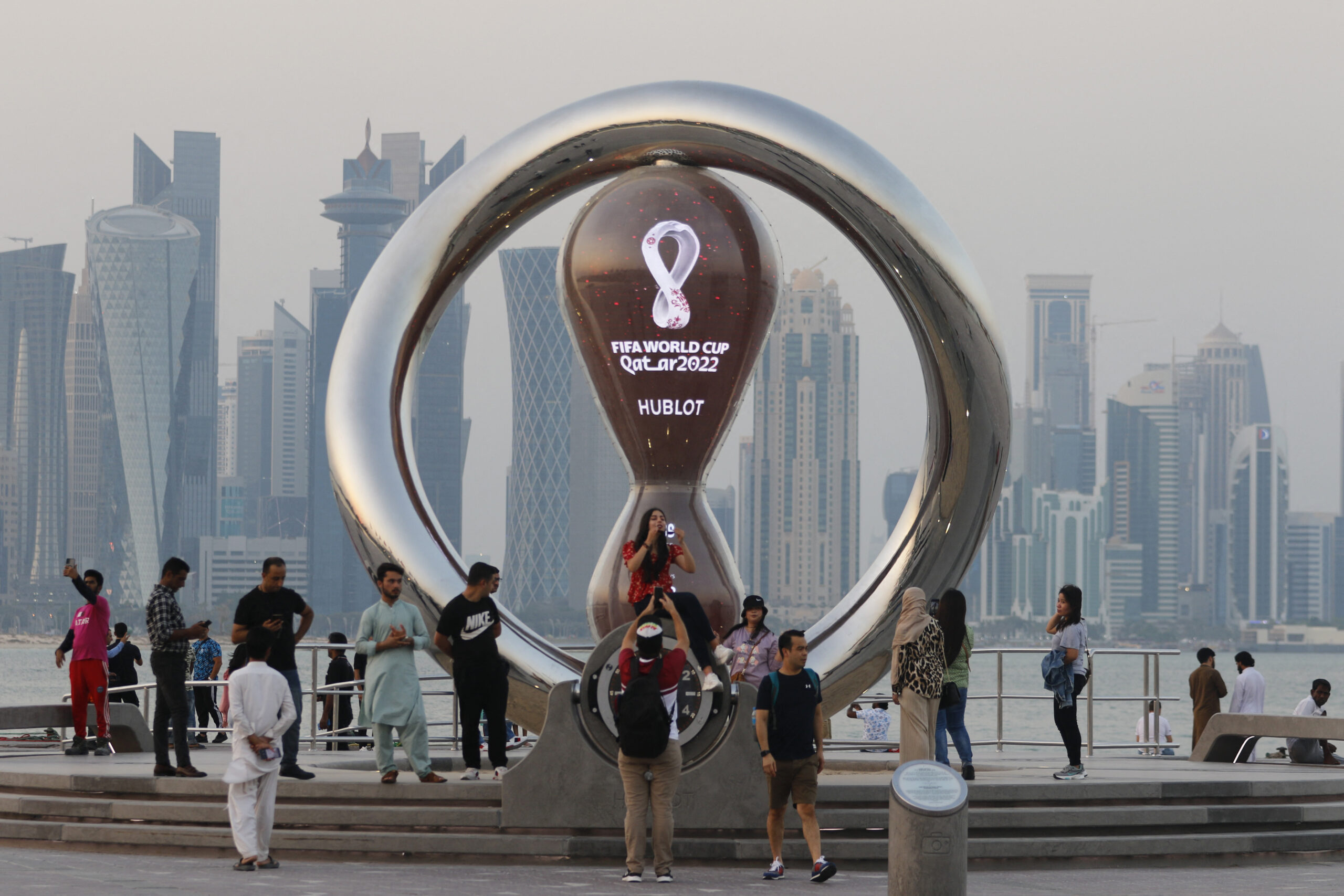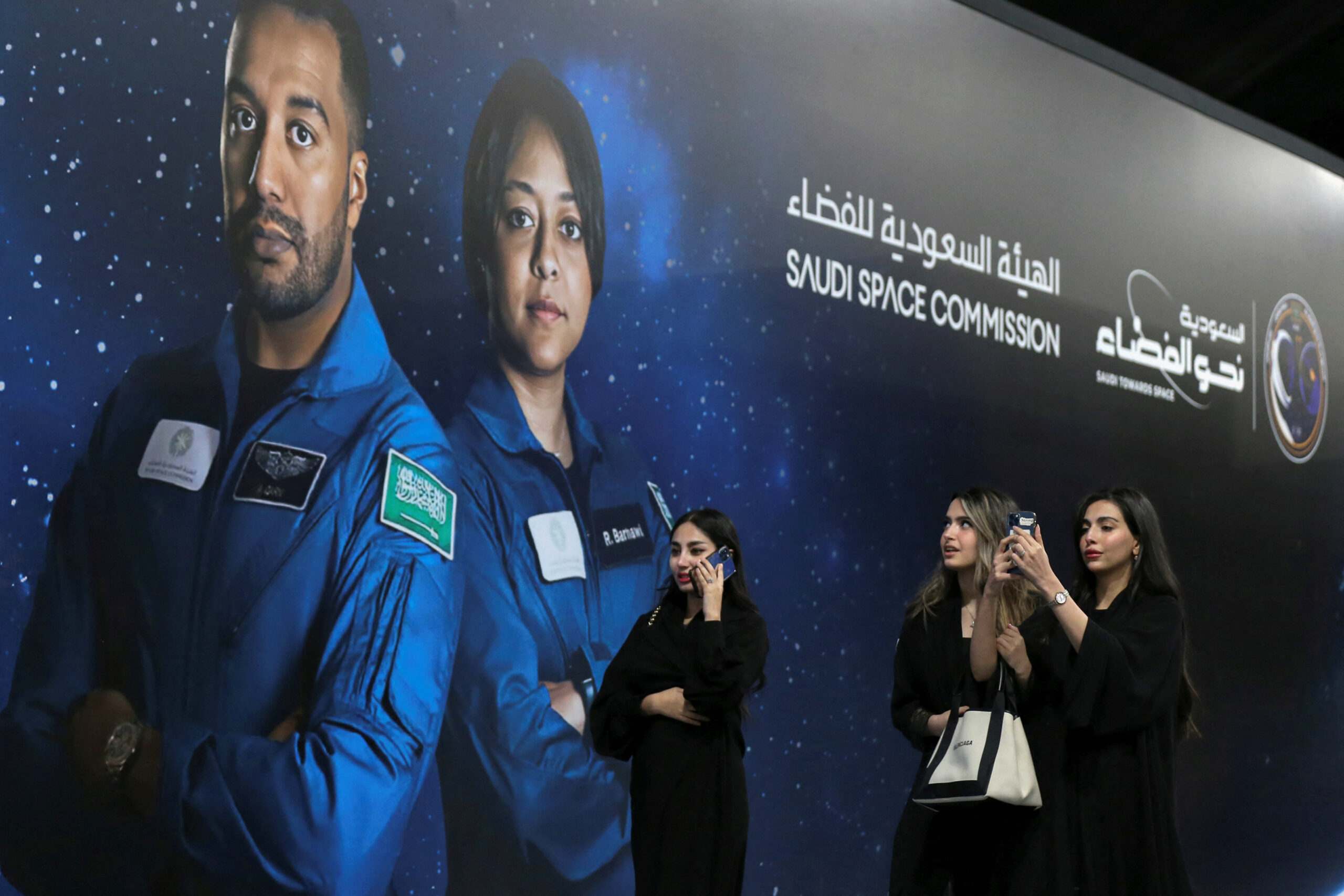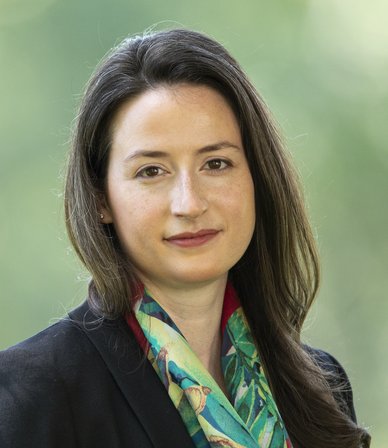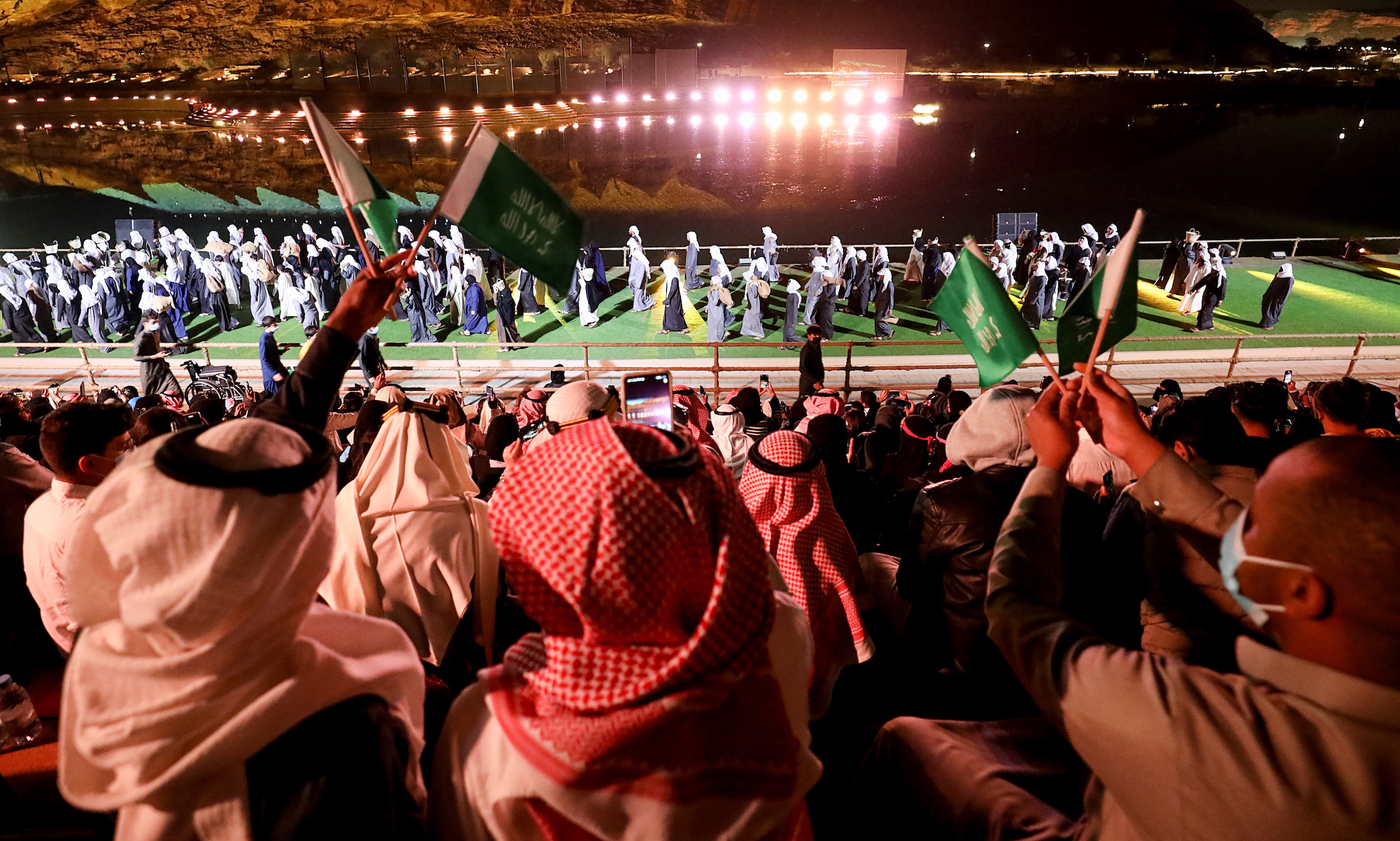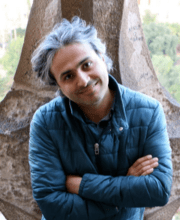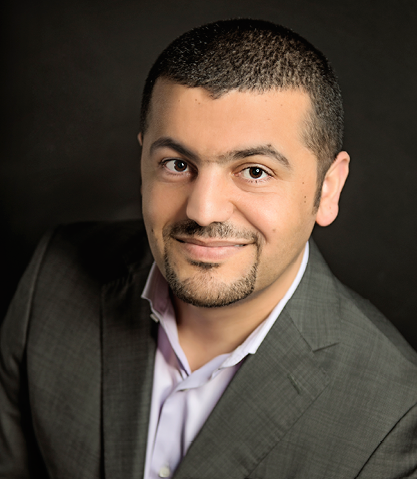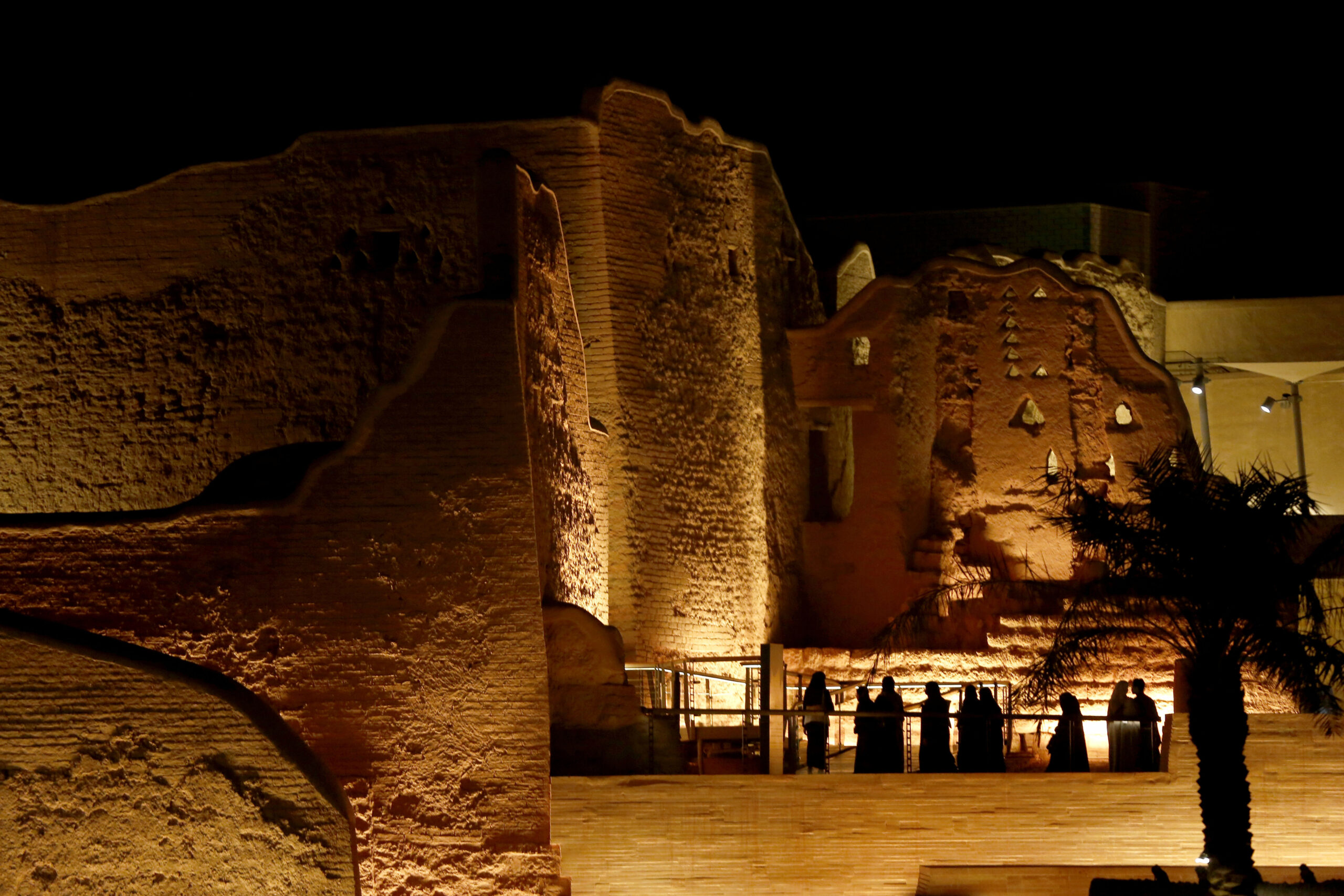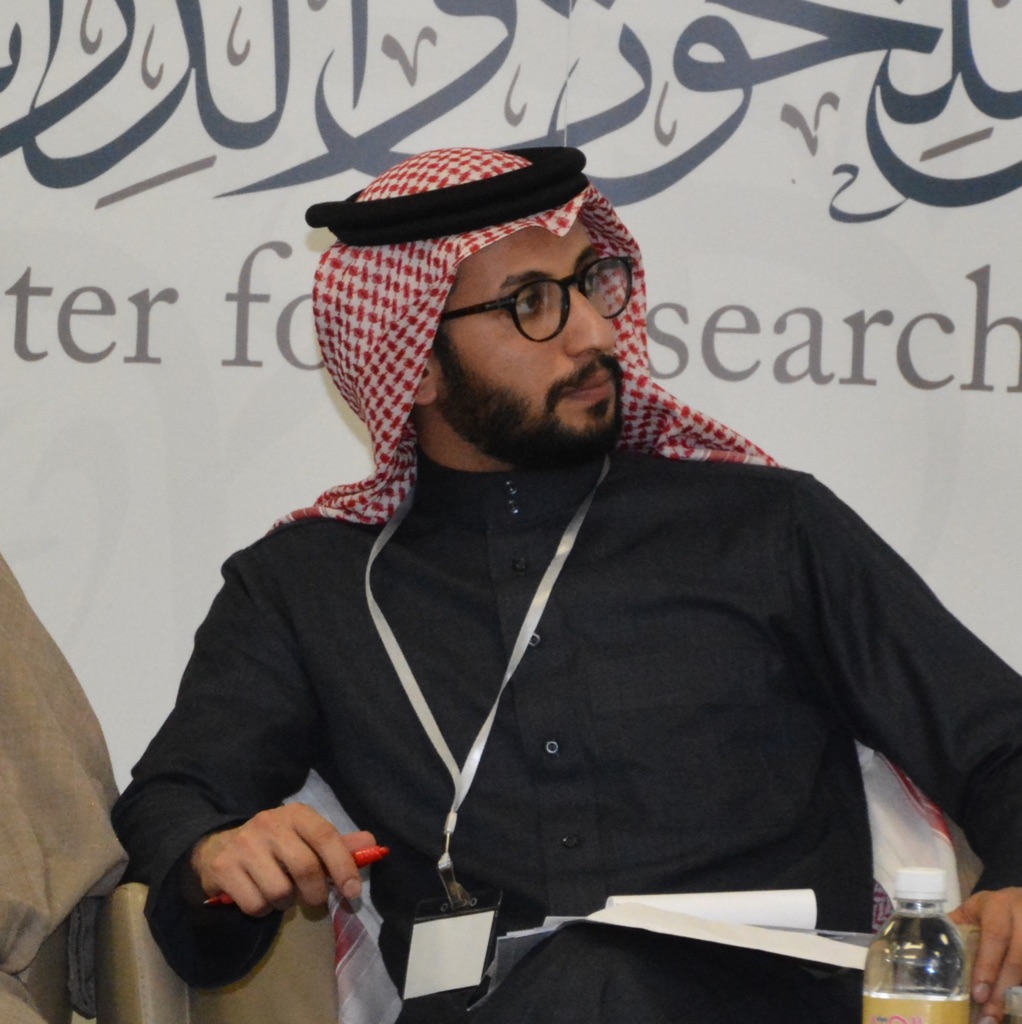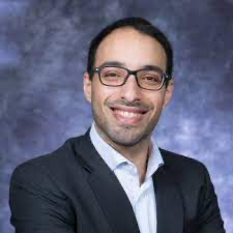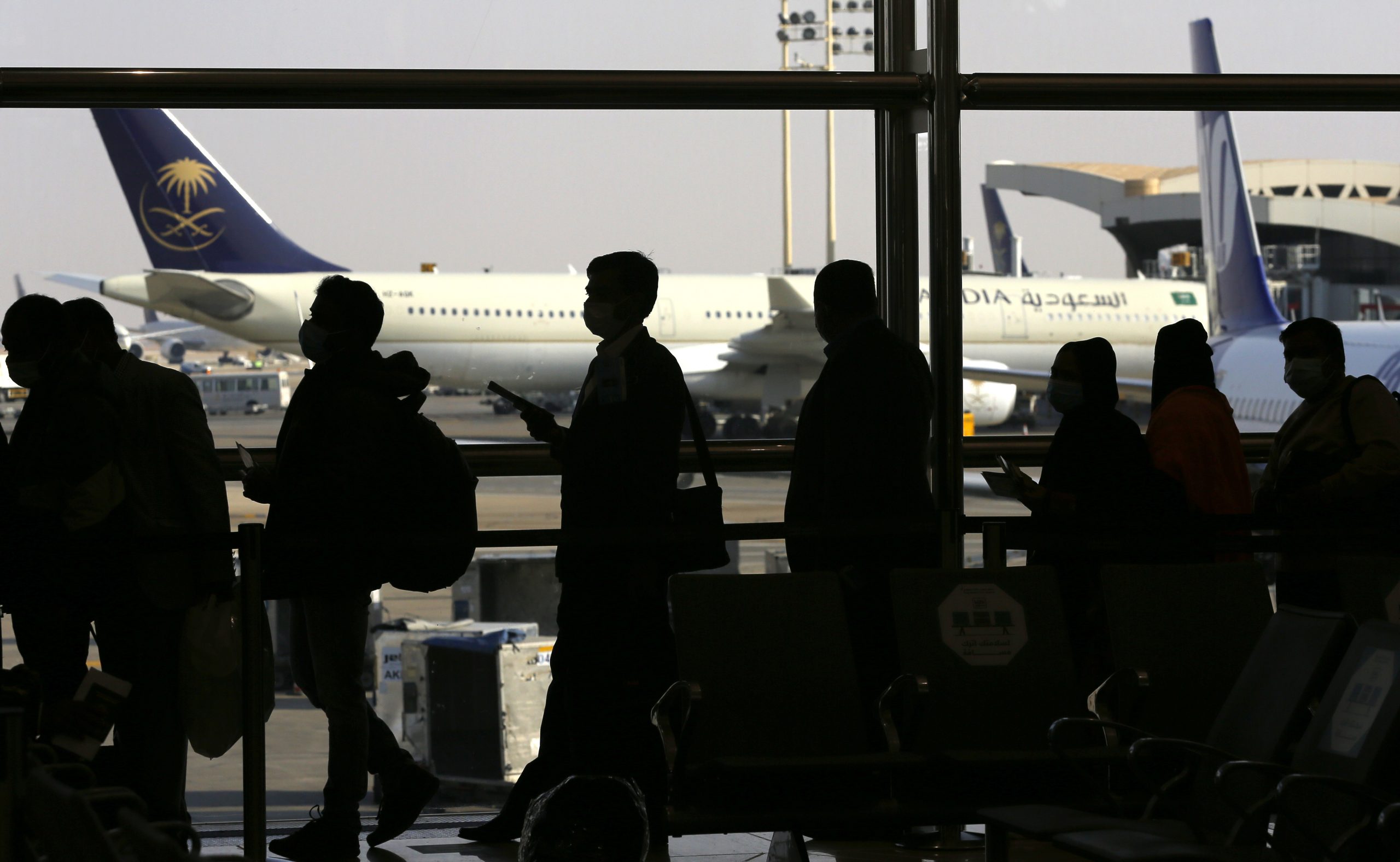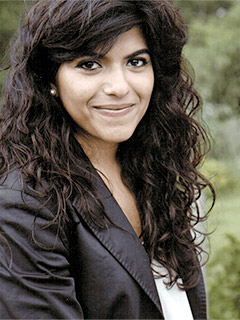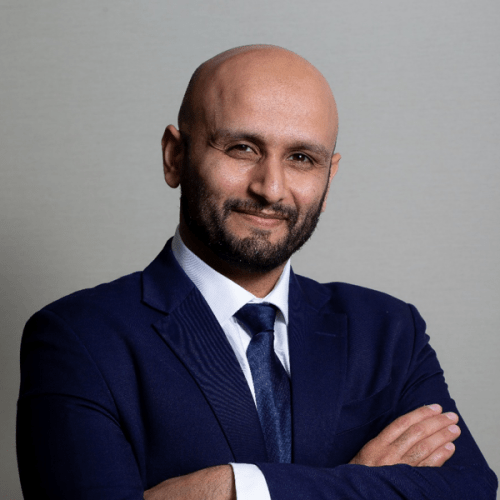Saudi Ramadan Series Links Economic Development and Civic Duty
This year’s Ramadan initiatives, focused on a sense of community and contributions to development, demonstrate how the Saudi government increasingly relies on citizens to play a role in the ongoing transformation.
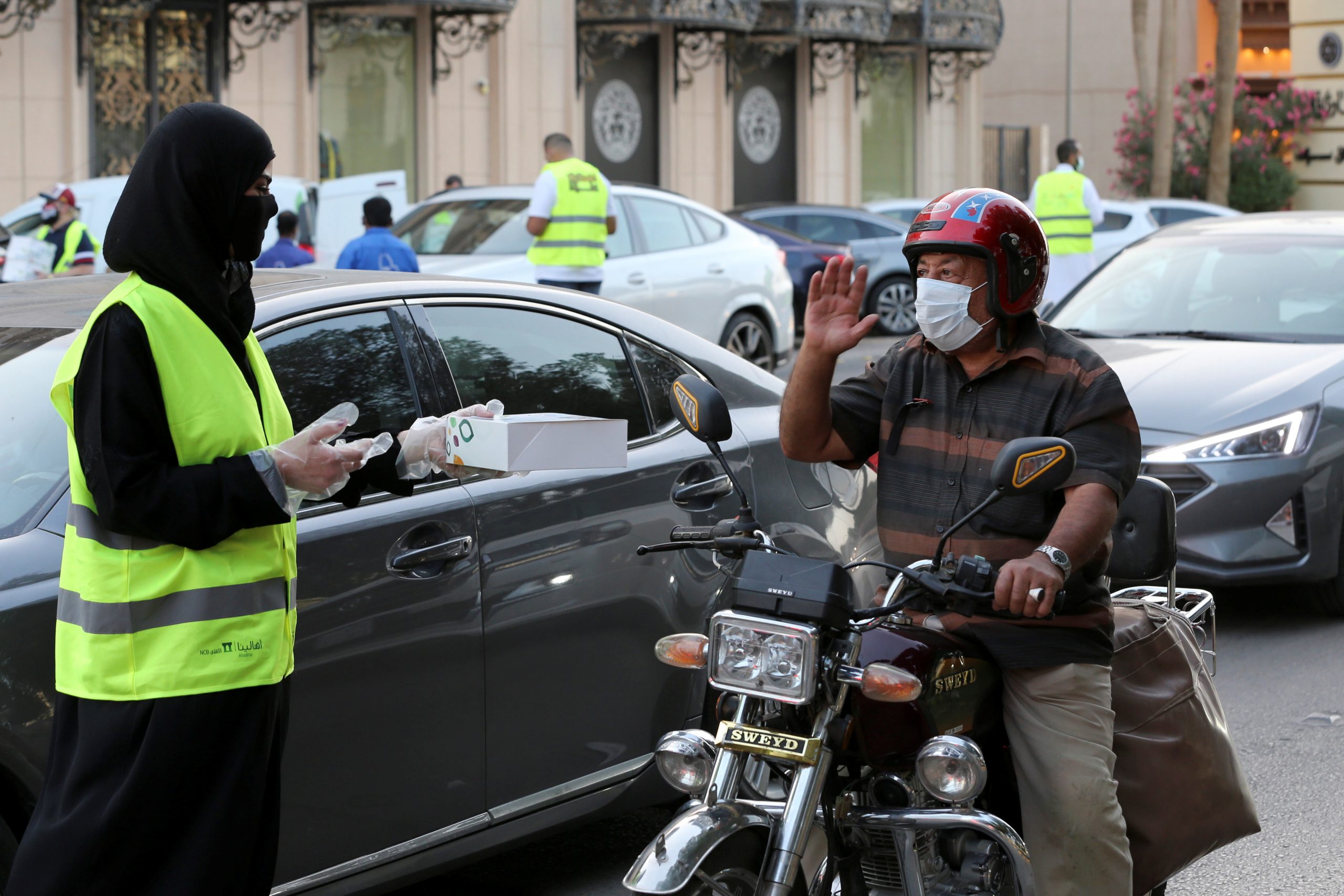
Charity and a sense of community have always been central dimensions to the holy month of Ramadan. Acts of generosity have traditionally been centered around helping the poor during this season of giving. This Ramadan, however, efforts are not only focused on giving to the poor but are manifesting in a call for civic participation and donating to state-led initiatives. These efforts have been underpinned by the popular television series “Seen” and through advertisements for charitable platforms during Ramadan television programming. The new National Platform for Charitable Work has been especially promoted on social media as the latest among a number of state-driven charitable initiatives.
As the Saudi government pursues a social and economic transformation, Ramadan has become an important opportunity to shape narratives on social issues and historical events. In 2018 and 2019, “Al-Asouf” (Winds of Change), a series on the siege of Mecca in 1979 and the subsequent rise of the Sahwa, or Islamic awakening, generated much debate inside and outside the kingdom. The siege was a taboo topic in Saudi Arabia for decades. However, recent depictions of the siege, and its aftermath, as the main culprit for the kingdom’s conservatism, and until recently its limited social and cultural space, are part of the emerging government narrative.
This Ramadan, the series go beyond shaping perceptions and promoting the official narrative: They are actively encouraging citizens to contribute to the country’s economic development. This is apparent in the series “Seen,” which is the first letter in the Arabic word for question, suaal. Ahmad al-Shugairi, the program’s host, is popular in the Arab world for “Khawater” (Thoughts), which was broadcast during Ramadan from 2005-15. “Khawater” mostly focused on showcasing international social and economic development initiatives through Shugairi’s travels around the world. Shugairi’s style, bringing in a modern take on Islam and exploring other cultures, generated much interest and praise across the Arab world.
“Seen” is similar in style to “Khawater,” however the new program focuses solely on Saudi Arabia. Shugairi travels around the kingdom exploring various development projects and highlighting potential for further initiatives. As part of these visits, he sheds light on government initiatives that aim to improve the quality of life for residents in the kingdom. Many still seem to be largely unknown, as shown by Shugairi’s interviews with Saudi residents. Therefore, an added dimension to the show seems to be to create awareness for the government’s achievements, while at the same time encouraging the population to take an active role in the changes around them.
The program so far has explored vastly different projects. In one episode, Shugairi traveled to several historic locations exploring excavation sites and rock art, emphasizing their importance for developing the tourism sector. Another episode considered efforts to promote the renewable energy sector, looking specifically at the Dumat al-Jandal project, which aims to become the Middle East’s largest wind farm. In an episode on manufacturing, Shugairi interviewed Saudi families who have moved their small businesses from their homes to industrial cities. The show presented graphs and highlighted global comparisons, and Shugairi announced in the first episode that reaching the top 10 in international rankings should be the kingdom’s goal in line with Vision 2030.
The emphasis on gearing up individuals for change is underscored in the show’s catchy theme song, which asks viewers directly to play a role in contributing to this transformation. Positive change is also emphasized at the personal level, including episodes dedicated to health and lifestyle issues. In one episode, Shugairi focused on a state-led campaign to promote organ donation. This theme generated so much interest that the campaign’s website crashed due to high traffic soon after the episode aired. Another episode focused on exercise by looking at the government’s efforts to promote sports, even including ice hockey and cricket, as well as other initiatives encouraging residents to be more active in their own cities and neighborhoods.
Although “Seen” focuses on Saudi Arabia, it still attracts viewers and debate outside the kingdom. This is indeed an added advantage for Saudi Arabia’s portrayal of its transformation and image outside its borders. For example, an episode on the kingdom’s digital transformation generated particular interest among viewers from some neighboring Gulf countries where digitalization is still lagging behind. Some Saudis have argued that the program is so far the “most successful marketing production” for the kingdom, and that it should be subtitled and promoted on other streaming platforms, especially to a Western audience.
This Ramadan’s emphasis on civic duty in contributing to economic development in the Gulf states is yet another sign of the shifting social contract, which now increasingly expects citizens and businesses to give back after benefiting from the rentier state system. Similarly, in 2020 the business community in the Gulf was encouraged to help governments mitigate the economic impact of the coronavirus pandemic. The aim to redefine the responsibilities of businesses and citizens alike in their relationship with the government has become a common theme in Gulf countries working toward a post-oil economy.
Against this backdrop, and as an attempt to take advantage of Ramadan donations, new government initiatives have been introduced recently to alleviate the economic hardships experienced by poor families. In March, Saudi Arabia launched the National Platform for Charitable Work (Ehsan in Arabic), and it has been heavily promoted since the beginning of Ramadan. On Ehsan’s website, the emphasis on giving is tied to Vision 2030 and donations are described as a demonstration of a “responsible citizen” in society.
Around the same time as the launch of the Ehsan platform, new anti-begging measures were approved by Saudi Arabia’s Shura Council. These do not only penalize physical begging but are also aimed at those who ask for help through social media, a trend that has been growing in recent years. As a result, Ehsan can be seen as an attempt to centralize donations in one platform while reducing the visible signs of poverty through begging on the streets or social media. Early donations made by King Salman bin Abdulaziz, Crown Prince Mohammed bin Salman, and the head of the Public Investment Fund, Yasir al-Rumayyan, were advertised to encourage individuals to contribute. The amount of total donations is regularly circulated on social media to drive contributions.
This year’s Ramadan initiatives, focused on a sense of community and contributions to development, demonstrate how the Saudi government increasingly relies on citizens to play a role in the ongoing transformation. However, it seems clear that the state also wants to make sure that such efforts are centralized and run through government initiatives such as state-led donation platforms. Raising Saudi citizens’ awareness of their role in society and making them part of the national transformation project has become a central theme, especially as presented in “Seen.” However, following through and expecting citizens to keep up contributions and commitments past Ramadan will remain a defining challenge for the transformation plans ahead, well beyond the current holy month.
The views represented herein are the author's or speaker's own and do not necessarily reflect the views of AGSI, its staff, or its board of directors.
